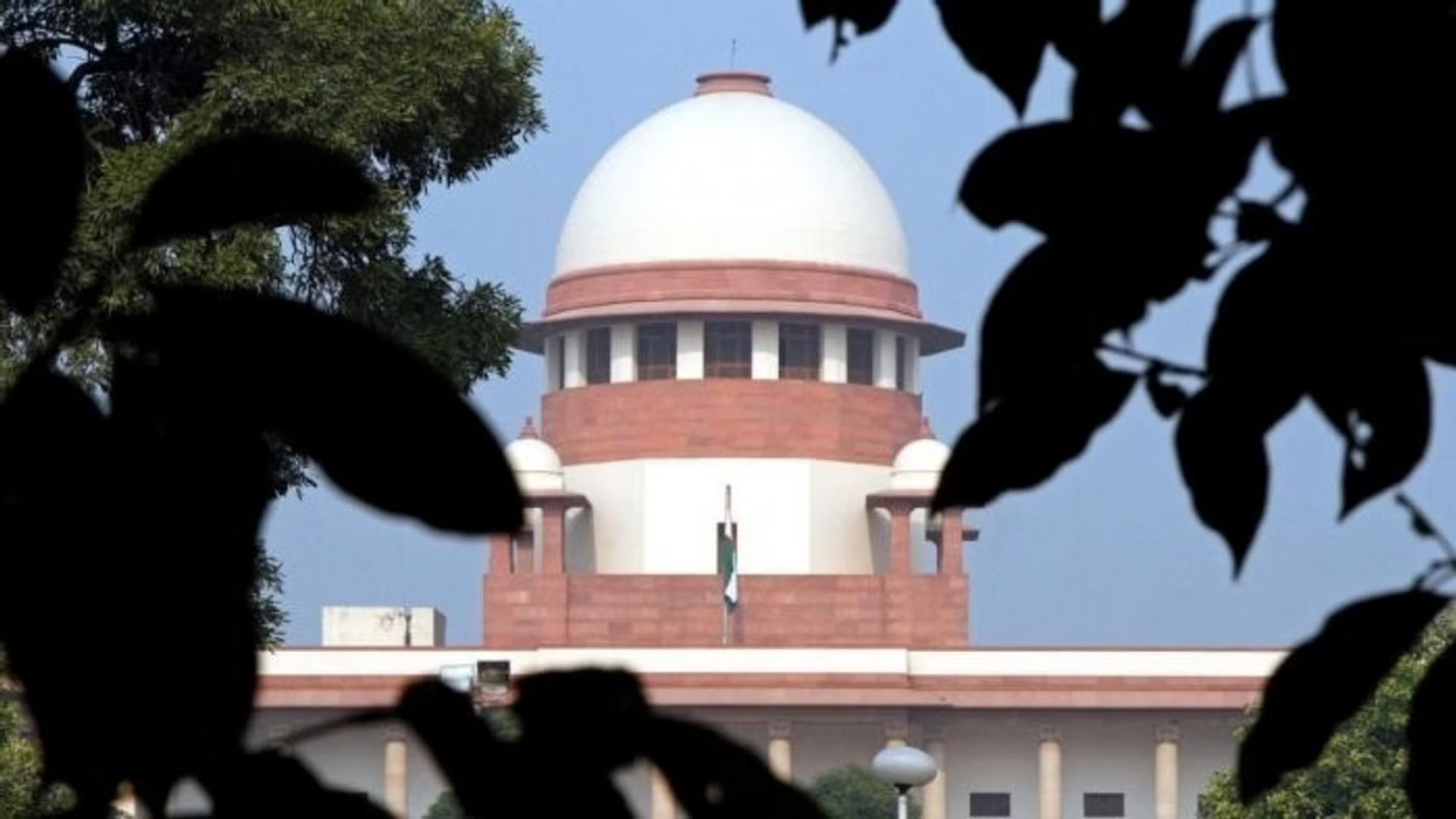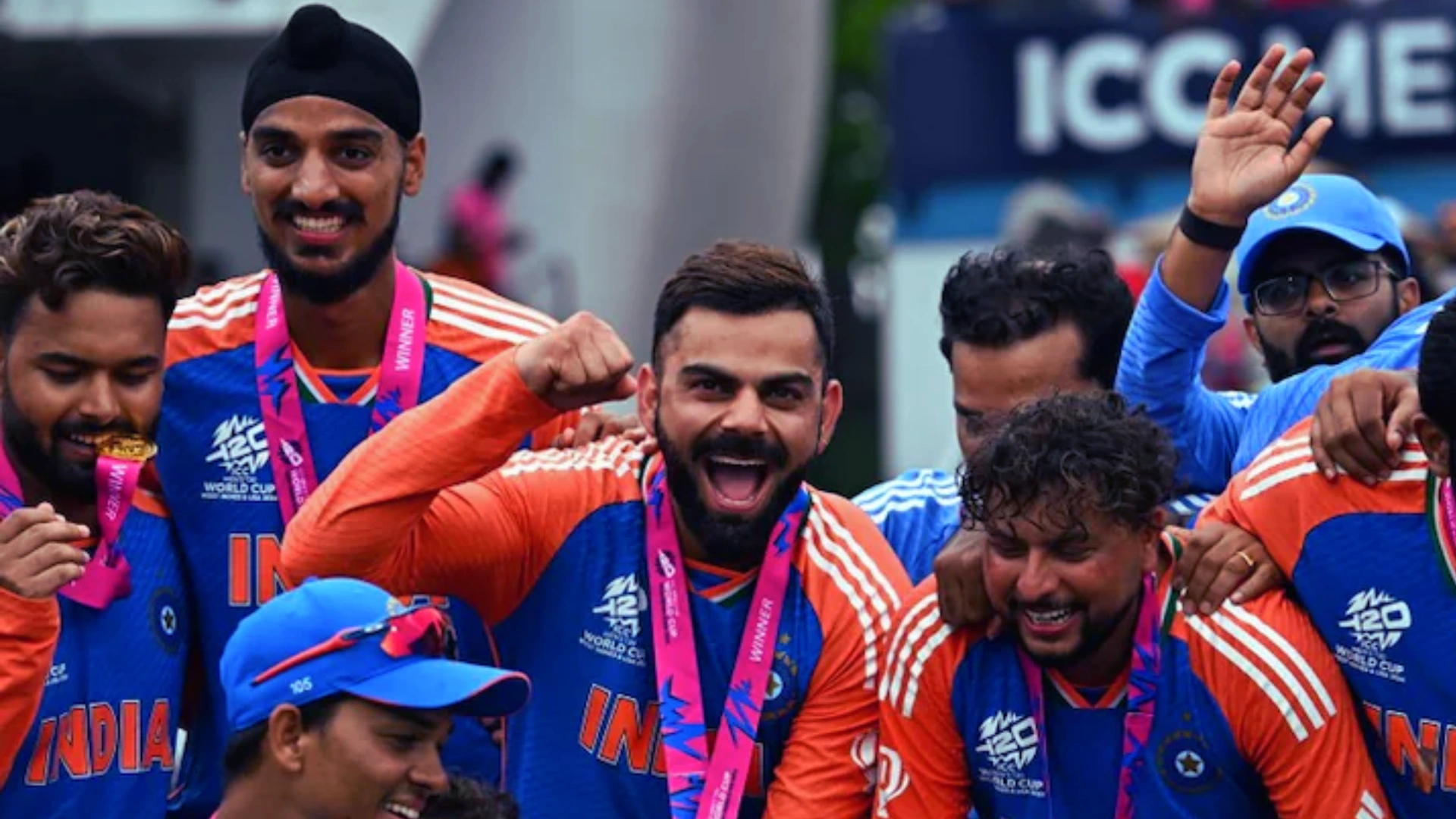On August 22, the Supreme Court of India instructed protesting doctors to return to their duties and assured them that no adverse actions would be taken against them. This directive came during the hearing of a suo motu case concerning the rape and murder of a postgraduate trainee doctor at Kolkata’s RG Kar Medical College and Hospital.
Key Points from the Supreme Court’s Ruling
- Resumption of Duties: Chief Justice of India DY Chandrachud emphasized the need for doctors to resume their work to maintain public administrative functions. He assured that once the doctors are back on duty, the court would issue general orders to prevent any negative repercussions against them.
- Security and Safety Measures: The court acknowledged the security concerns expressed by the doctors. CJI Chandrachud proposed the creation of a portal under the National Task Force (NTF) to receive anonymous complaints about security issues from healthcare professionals. This initiative aims to address ongoing fears and ensure the safety of medical staff.
- National Task Force (NTF): The NTF, constituted by the Supreme Court, will review safety protocols and address the concerns raised by the doctors’ associations. The Federation of Association of Medical Associations of India (FAIMA) and the Delhi Medical Association had petitioned for the inclusion of resident doctors in the NTF to ensure their voices are heard.
- Long Working Hours: The bench noted the excessive working hours endured by doctors, with CJI Chandrachud highlighting that some doctors work over 36-hour shifts. The court recognized the impact of these grueling hours on doctors’ ability to handle additional stress and security threats.
- Meeting with Health Officials: The court instructed the Union Health Secretary to arrange a meeting with Chief Secretaries and police chiefs from all states and Union Territories. The goal is to establish comprehensive safety measures for medical professionals in public hospitals within the next week.
The Supreme Court’s actions underscore the urgent need to address the safety and working conditions of medical staff while ensuring that their right to protest peacefully is protected.
READ MORE: Supreme Court Criticizes Kolkata Police For Delay In Rape And Murder Case


















